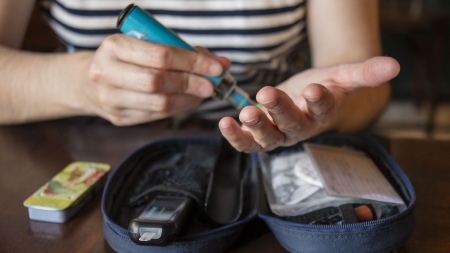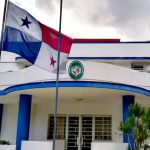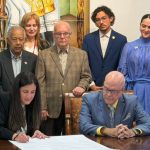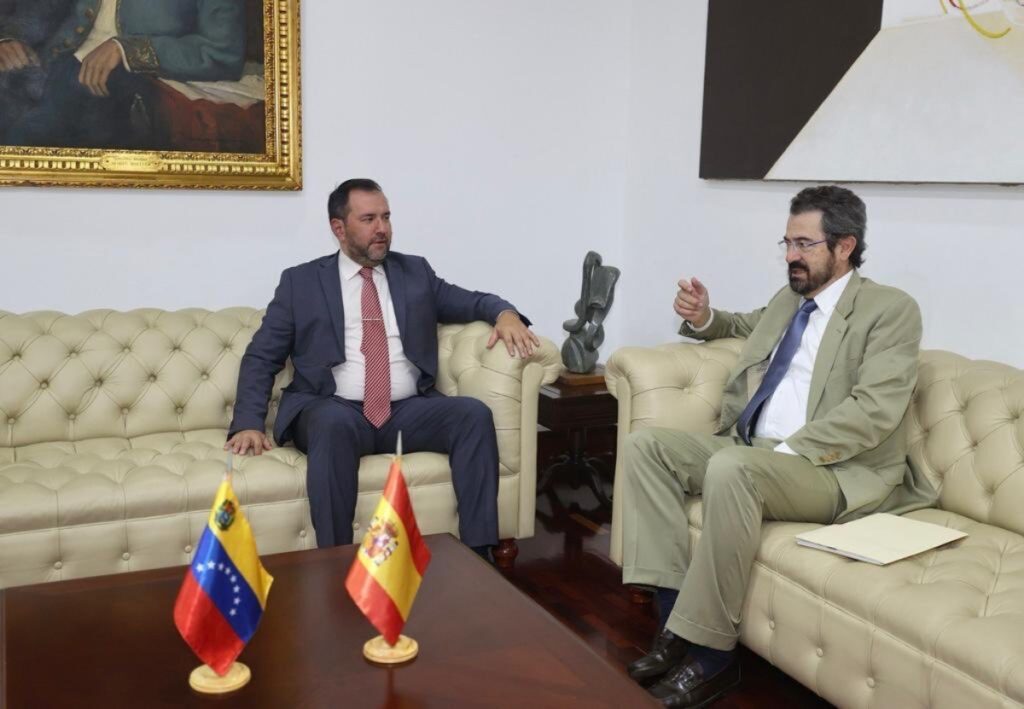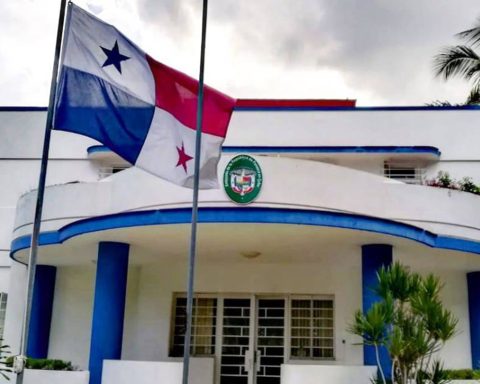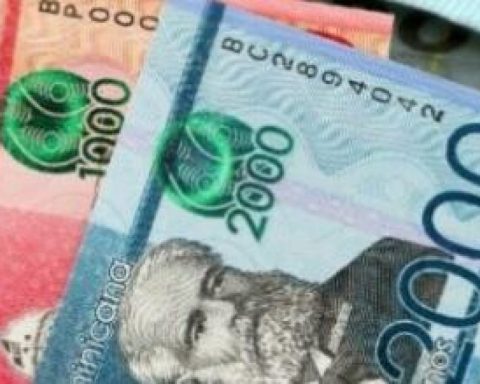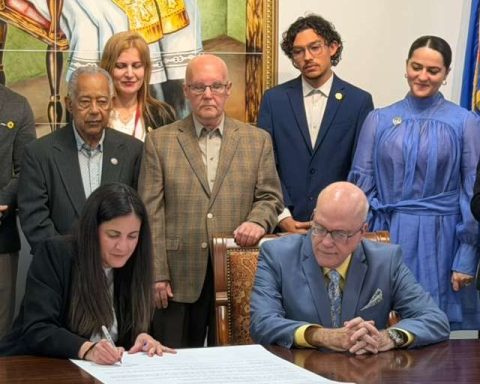Answering a call from an unknown number does not always mean telephone sales or that someone wants to measure the image of a politician: it can also save a life.
The Health team of the province of Buenos Aires detected, thanks to the data provided by the registration of the coronavirus vaccination campaign during the first stage of the pandemic, that one million people suffer from diabetes throughout the territory.
Once the covid ceased to be the main health problem to be addressed, they began to cross-reference these data until they established how many of these people depend exclusively on the public health system and were not registered in the Diabetes Program of the Province of Buenos Aires (PRODIABA), a plan that has been in operation for decades and provides free advice, supplies and medication for those who live with this disease.
A) Yes, found that 330,000 people with diabetes were not covered by the program. And perhaps they were paying for the medication out of their own pocket (which according to calculations by the health team in the province can cost 150,000 per month in the event that the type of diabetes requires insulin injections).
What they began to do, taking advantage of the existence of the Tele-Health and Care Center (CETEC) that began to function to monitor covid in the pandemic and now has expanded its functions is call these people by phone to ask them if they want to receive information about PRODIABA.
If the person answers yes, in a time never greater than five minutes (in the pilot tests they detected that if it takes longer, people stop paying attention because they have other occupations). They tell them details of the program, of access to free medication, offer them They are offered to manage a shift at a health care provider close to the home where they live, and in the event that they present any disability, be accompanied by personnel from the territory specially dedicated to this task.

“The reception of the people is very good, a lot of prior dissemination was done to avoid suspicions of scamspeople are super happy because they call trained people who have an affectionate chat with the people they contact,” he told Télam. Matías Duca, general practitioner and Director of Prevention of Non-Communicable Diseases of the province of Buenos Aires.
“The reception of the people is very good, a lot of prior dissemination was done to avoid suspicions of scams, people are super happy because they call trained people who have an affectionate chat with the people they contact”Matias Duca
The calls began to be made in Berazategui, Ezeiza, Avellaneda, Quilmes, Lanús, Esteban Echeverría, Hurlingham, General Rodríguez, Luján, Ituzaingó and Marcos Paz and they plan to extend it to the 135 Buenos Aires municipalities.
Why weren’t they treated?
A disease like diabetes in any of its types (1 or 2) requires treatment and is chronic. The people contacted by CETEC argued that they were not doing so for different reasons: many stopped going to hospitals in a pandemic for fear of contagion, others expressed fear of the disease itself, some obviously did not know about the PRODIABA program and others alleged a lack of weather.
“The reconnection with the health system is carried out by telephone and implies the assignment of follow-up shifts in municipal and provincial health establishments close to the person’s home. All this is part of the digital transformation strategy that the province has been developing, we are Incorporating technology, we have been carrying out a digital agenda very quickly that has the objective of guaranteeing continuity of care and improving accessibility to the health system.Since the beginning of the management we were convinced to integrate the more than 2000 establishments of the public network and the pandemic accelerated our work,” he told Télam Santiago Pesci, Provincial Director of Statistics and Digital Health from the province of Buenos Aires.
“The reception is very good, a lot of prior dissemination was done to avoid suspicions of scams, people are super happy because they call trained people who have an affectionate chat.”Matías Duca, Director of Prevention of Noncommunicable Diseases
a voice on the phone
The call consists of several stages. First, the person is informed of where they are being called from and is asked if they want to receive information about PRODIABA. If he says no, he is asked if he wants to receive an email with the program data and the call ends.
In all steps the person contacted has to give consenteither to continue with the call or to be sent an email.
If you say yes, after being given the information about the program, you are offered to take a turn and very valuable information for the health system begins to appear.
For example, the data emerged (for now tentative) that 20 percent of the people with diabetes they are calling have some type of disability. When that disability prevents them from moving around, no matter where the person lives, a member of the territorial health team who works in that municipality is assigned to accompany the shifts or visit whoever is called. What Matías Duca calls “personal brand”.
One of the general guidelines of the Ministry led by Nicolás Kreplak is active search and management from a close perspective. In other words, do not wait for certain people with difficulties to approach the health system, but rather go looking for them.
“PRODIABA ends up being the engine, the ministry calls you to reconnect with the system, we do not avoid any claim”Duca explained, adding that CETEC has lines “of kidney health, diabetes, covid, prevention of cervical cancer, tuberculosis and shift regulation.”
How to access PRODIABA
For those interested, the official contacts are as follows:
Telephone: 0221-4292982
Email: [email protected]

The “citizenship”
The neologism “ciudadanía” that was coined in the pandemic continues to be used. When a person with diabetes without treatment is called, it often happens that they tell that they have a relative or a neighbor with the same condition who is unaware of the program and “we begin to fill our mailboxes, the social networks and the bells begin to ring telephones asking for information about PRODIABA”, explained Duca.
When this happens, they consider it a triumph.
“It is a job that involves many directorates and sub-secretaries, a transversal project. If mental health issues appear, it is connected with mental health, if smoking appears, if smoking appears, it is connected with the provincial tobacco control program, among others, etc. “, said the Director of Prevention of Non-Communicable Diseases.
And he assured that “nothing replaces face-to-face contact with the doctor, but the closest thing is CETEC. We’re going looking for trouble, yeah, ’cause it’s our trouble“, summarized.
